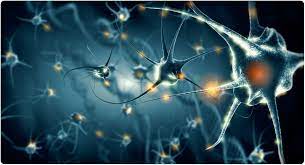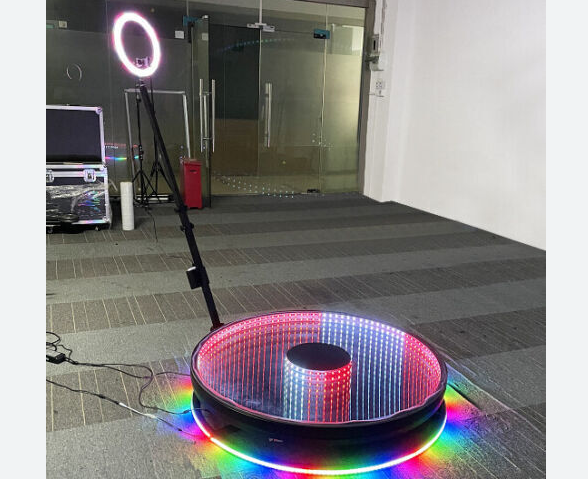Inattention is a pervasive issue that affects individuals across age groups, often leading to difficulties in various aspects of life. While it is commonly linked to conditions like ADHD, inattention can stem from a multitude of causes, such as stress, anxiety, or inadequate sleep. These lapses in focus can impact academic performance, self-esteem, and relationships, whether at school, work, or home. Fortunately, neurofeedback, facilitated by brainwave recordings, emerges as a promising avenue to address this challenge effectively. In this article, we delve into the causes of inattention and explore how Evoke Neuroscience brainwave recordings pave the way for potential solutions.
Understanding the Causes of Inattention:
Evoke Neuroscience Inattention manifests as the struggle to concentrate, focus, and sustain attention—a concern that transcends age and life circumstances. It often serves as a symptom of underlying conditions, including Attention Deficit Hyperactivity Disorder (ADHD), anxiety, depression, and sleep disorders. The repercussions of inattention can be profound, affecting academic performance, self-esteem, and interpersonal relationships.
The roots of inattention may be traced to various triggers, including:
Stressors: External factors that induce stress, triggering the release of stress hormones like cortisol and adrenaline, are known culprits that disrupt concentration levels.
Anxiety: The looming specter of upcoming exams, crucial deadlines, or life stressors can provoke anxiety, further exacerbating inattention.
Poor Sleep Habits: Late-night smartphone usage before bedtime has become a modern-day sleep disruptor, leading to sleep deprivation and subsequent inattention.
Brainwave Recordings: Unraveling the Inner Workings of the Brain:
Brainwave recordings stand as a pivotal tool in comprehending and addressing inattention. Evoke Neuroscience employs cutting-edge research and technology, particularly electroencephalography (EEG), to monitor and record brain activity. This method involves the placement of electrodes on the scalp, detecting the brain’s electrical signals. By capturing signals from numerous neurons simultaneously, EEG grants a comprehensive view of brain activity during various tasks and daily activities.
Harnessing Brainwave Recordings to Tackle Inattention:
In the realm of inattention, numerous factors come into play, including a diminished attention span, hyperactivity, impulsivity, and memory deficits. Brainwave recordings wield transformative potential by aiding in the mitigation of these challenges.
Improved Focus and Attention Span: Brainwave recordings have demonstrated their efficacy in bolstering focus and attention span. By augmenting alpha brain waves in the frontal lobe while diminishing beta brain waves in the temporal lobes—regions associated with concentration—these recordings reduce distractions and enhance task persistence.
Enhanced Memory Skills: Inattention often accompanies memory deficits. Brainwave recordings have shown promise in addressing memory challenges by facilitating optimal brainwave patterns for memory encoding and retrieval.
Alleviating Stress and Anxiety: Brainwave recordings can help individuals manage stress and anxiety, mitigating the underlying causes of inattention triggered by these emotional states.
Conclusion:
Inattention need not be an insurmountable obstacle. Evoke Neuroscience’s brainwave recordings open doors to a brighter future by offering insights into brain function and paving the way for effective interventions. As we harness the power of neurofeedback, we embark on a journey toward enhanced focus, better memory, and improved cognitive well-being, making inattention a challenge that can be met and conquered.



